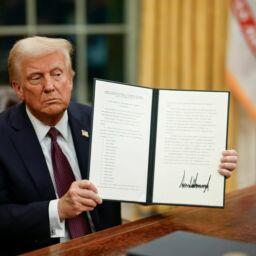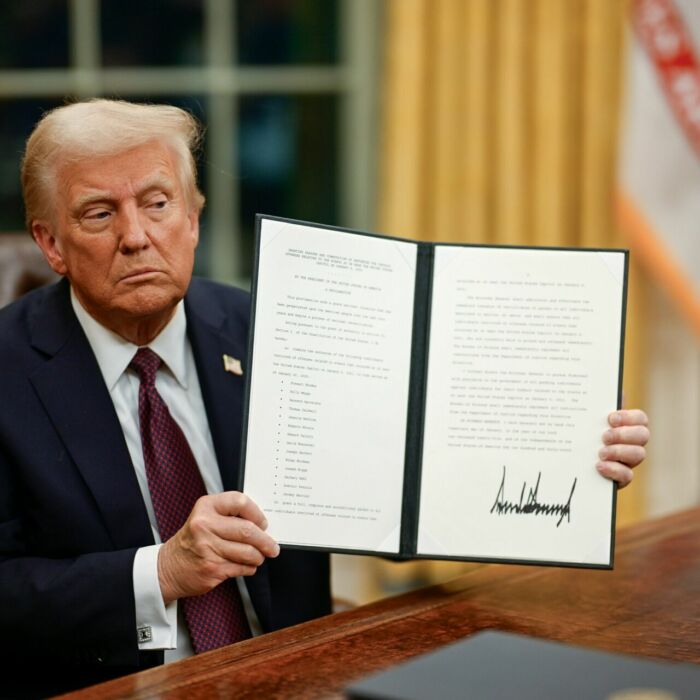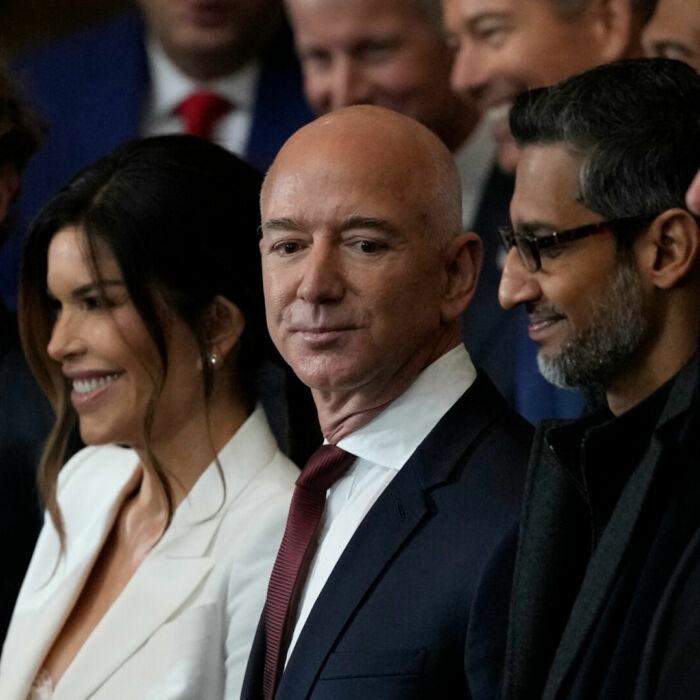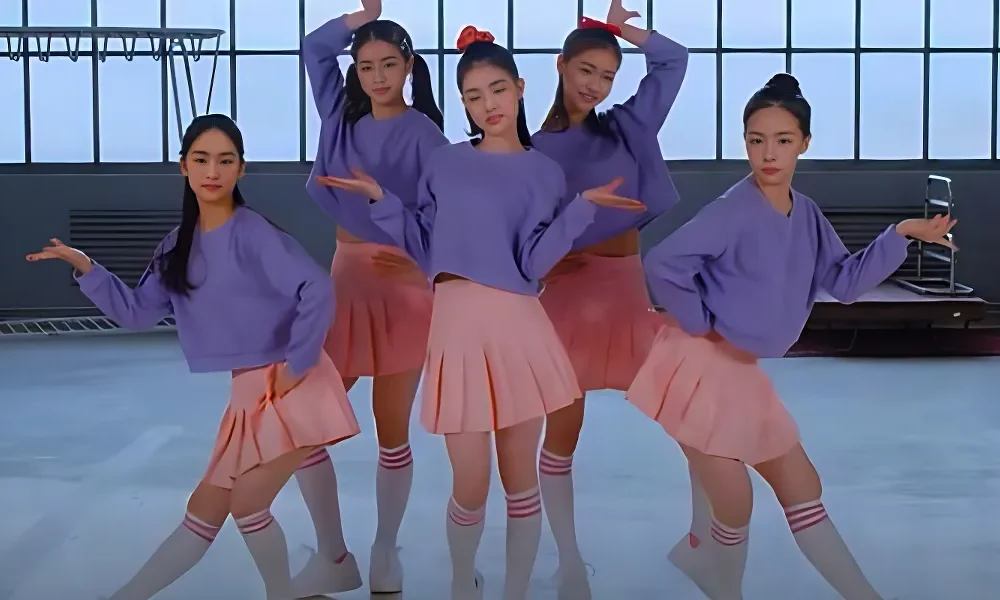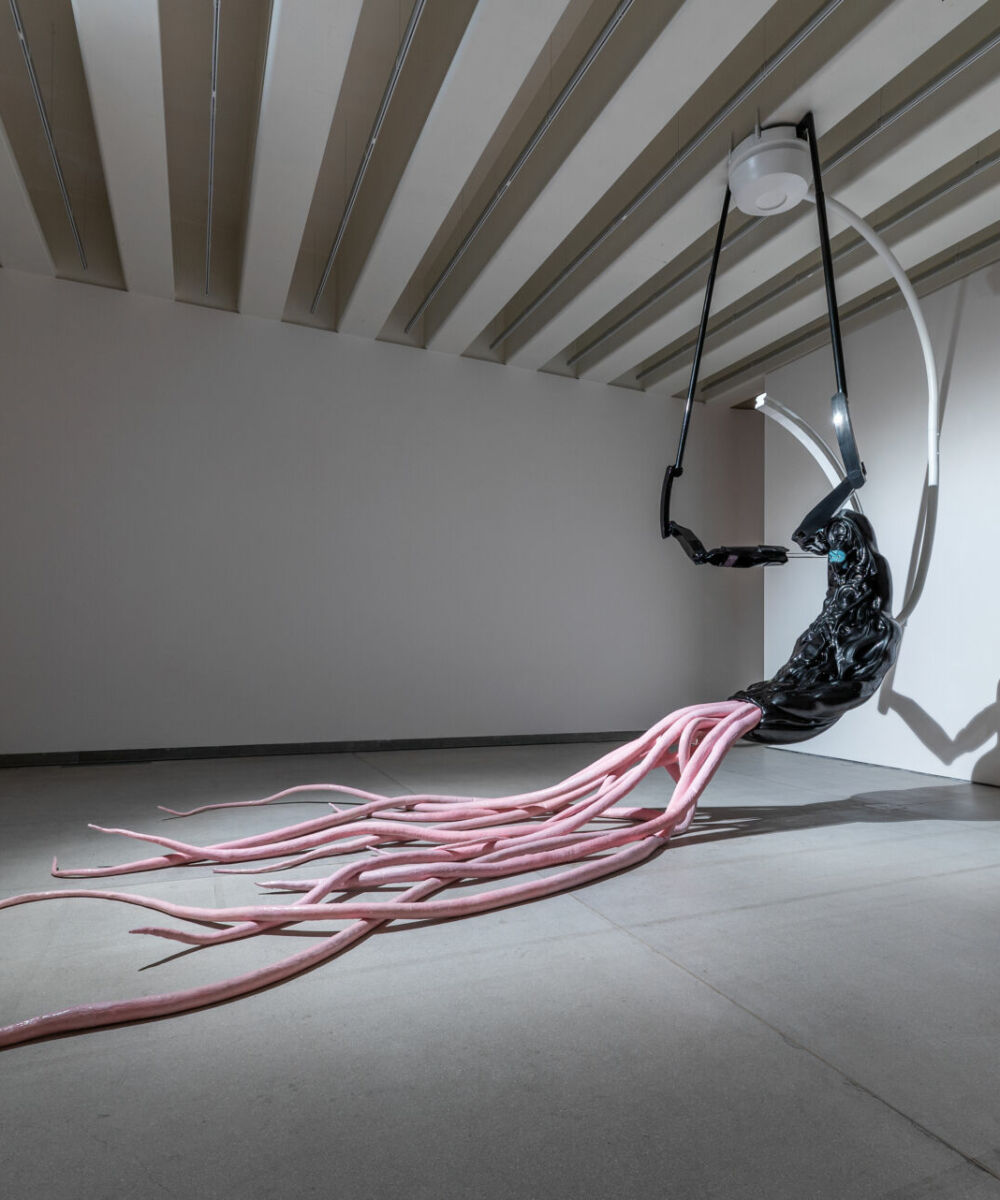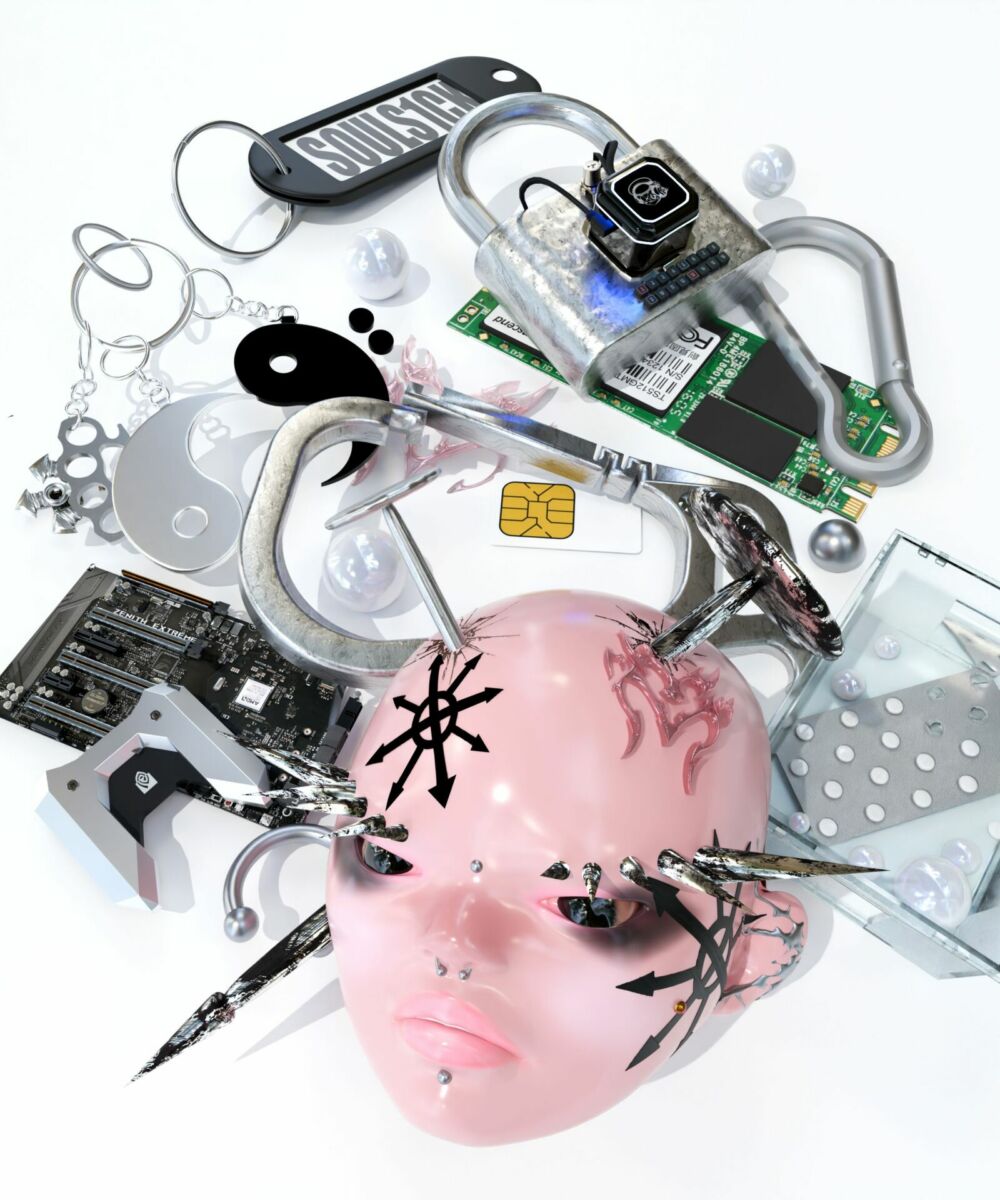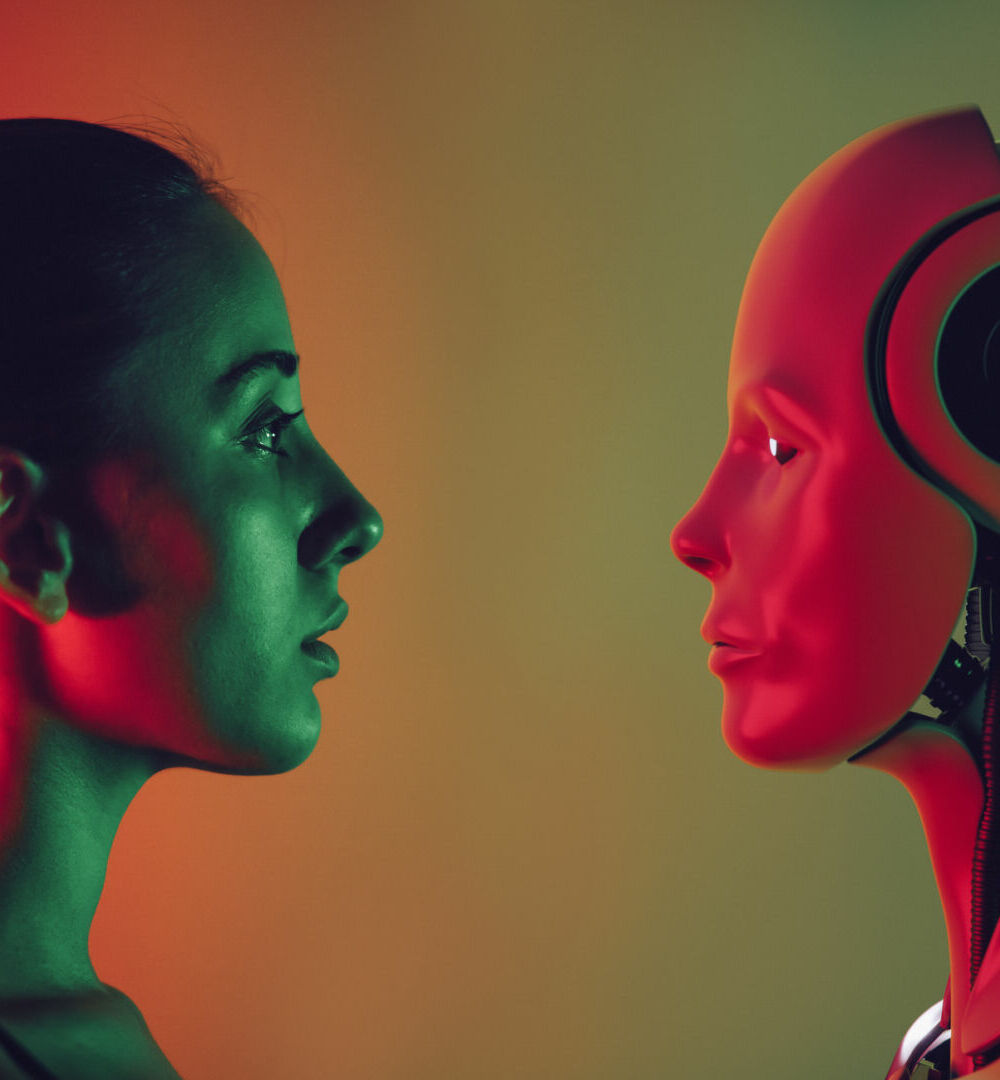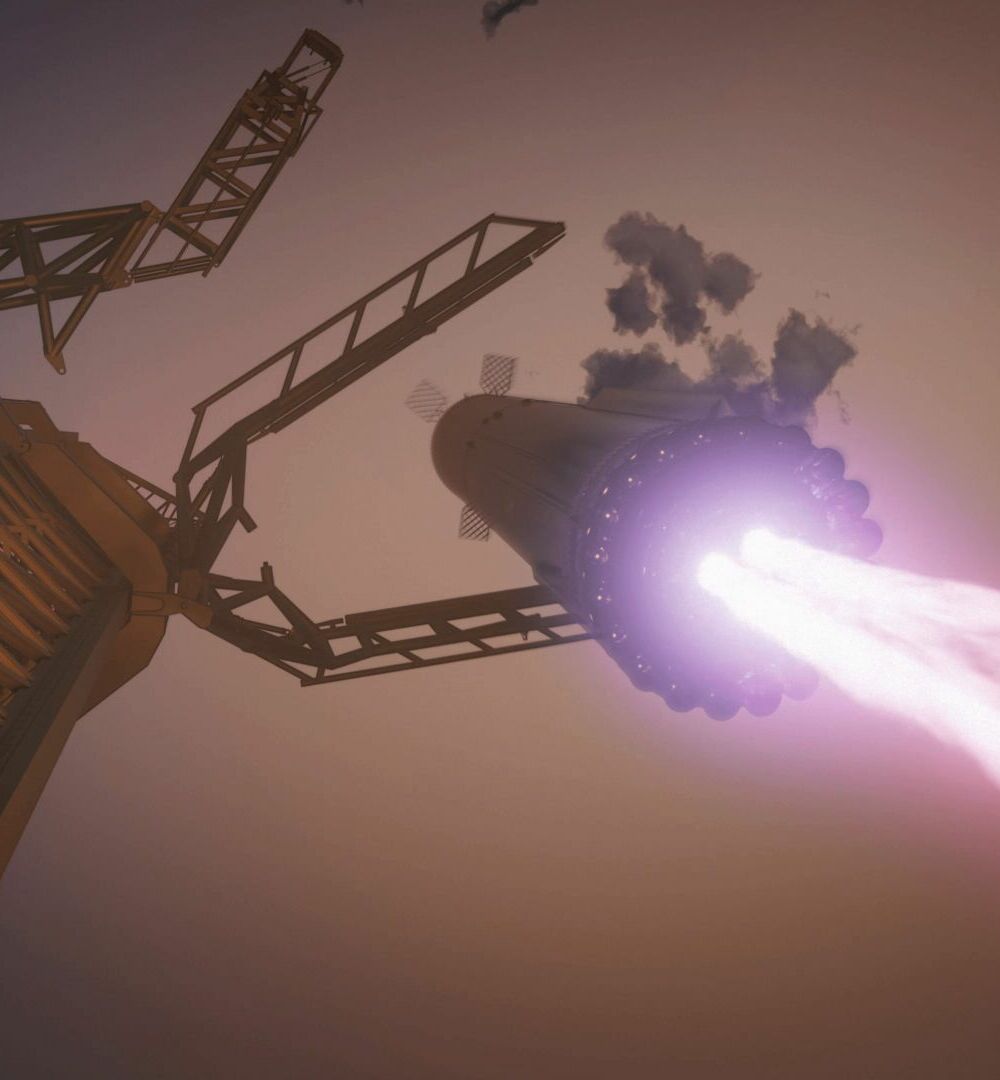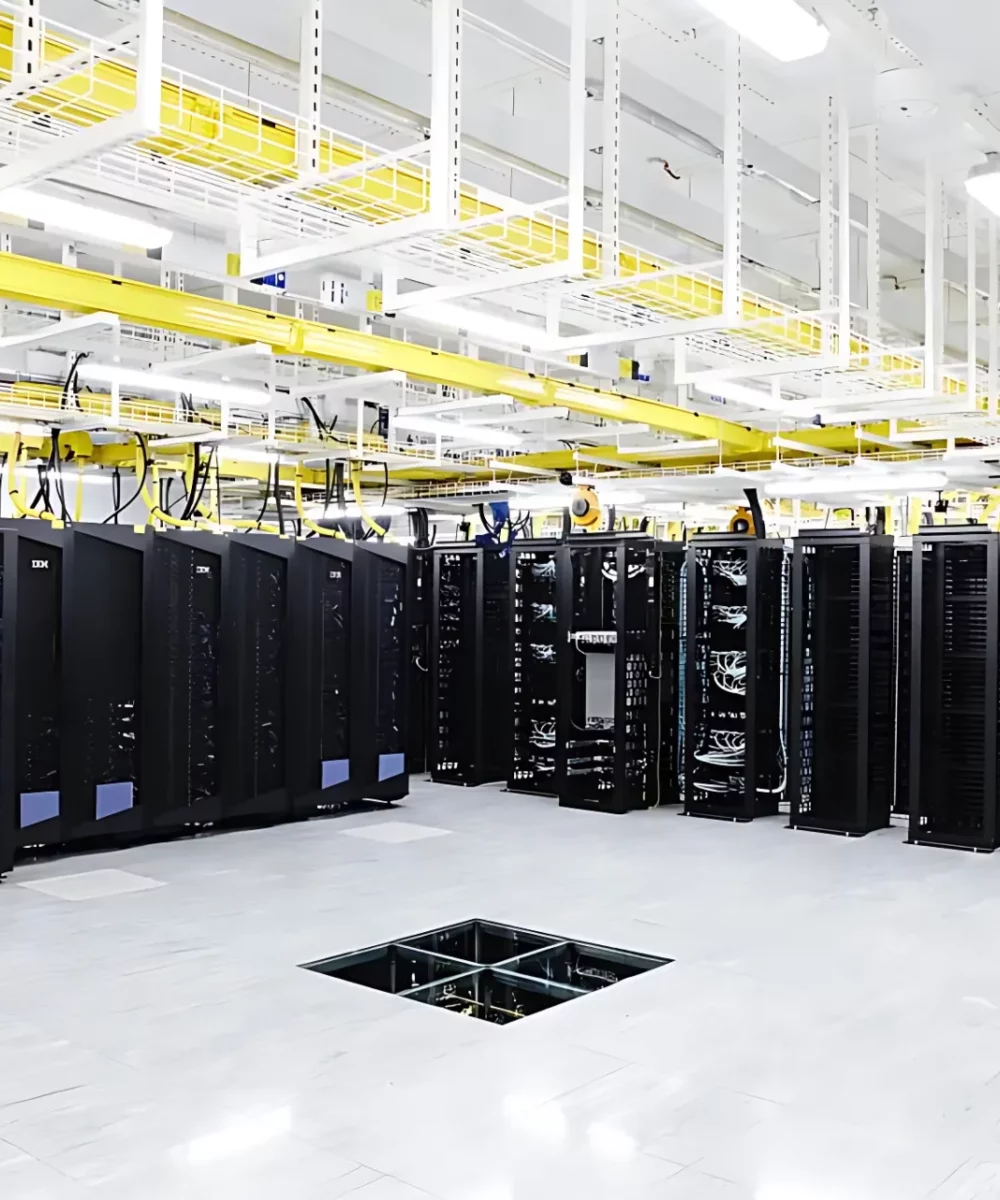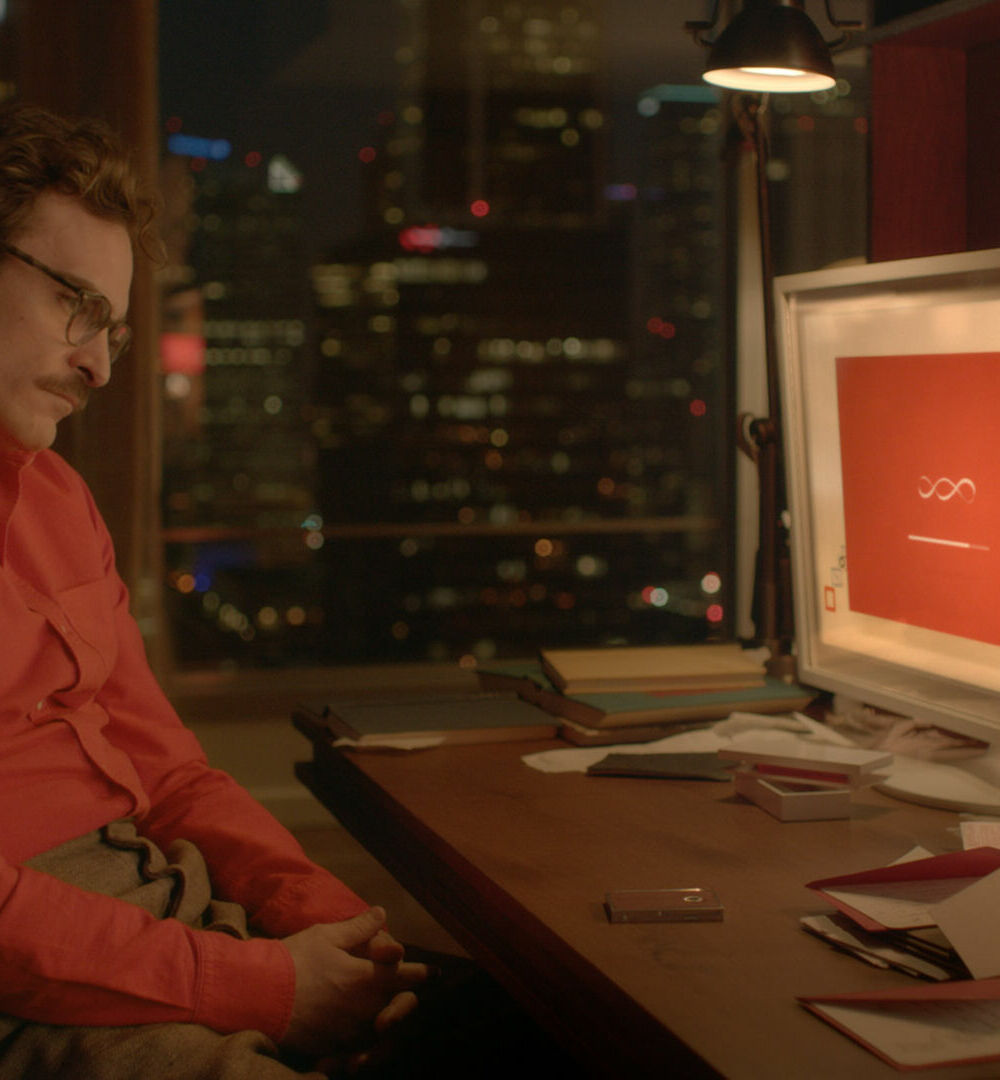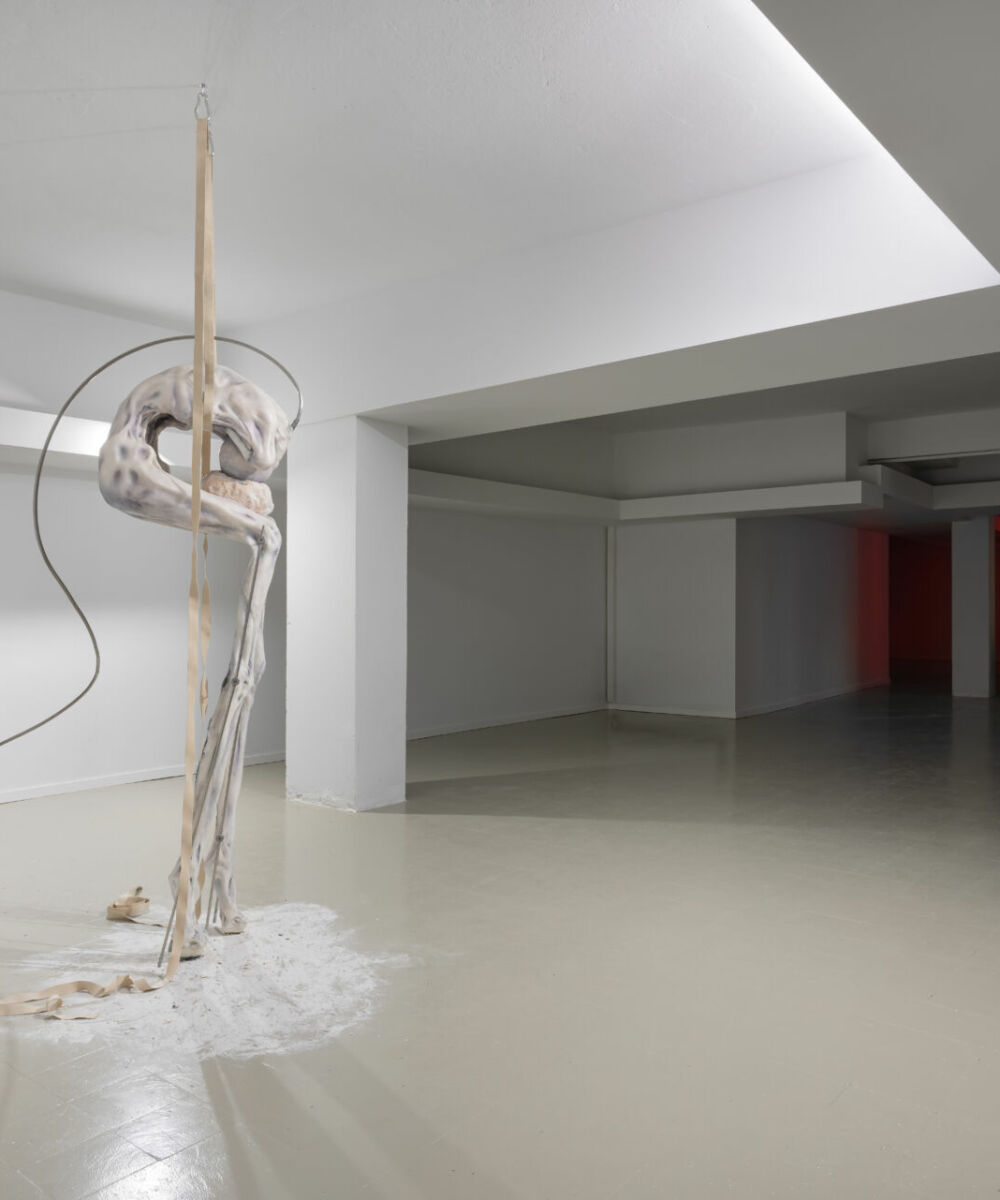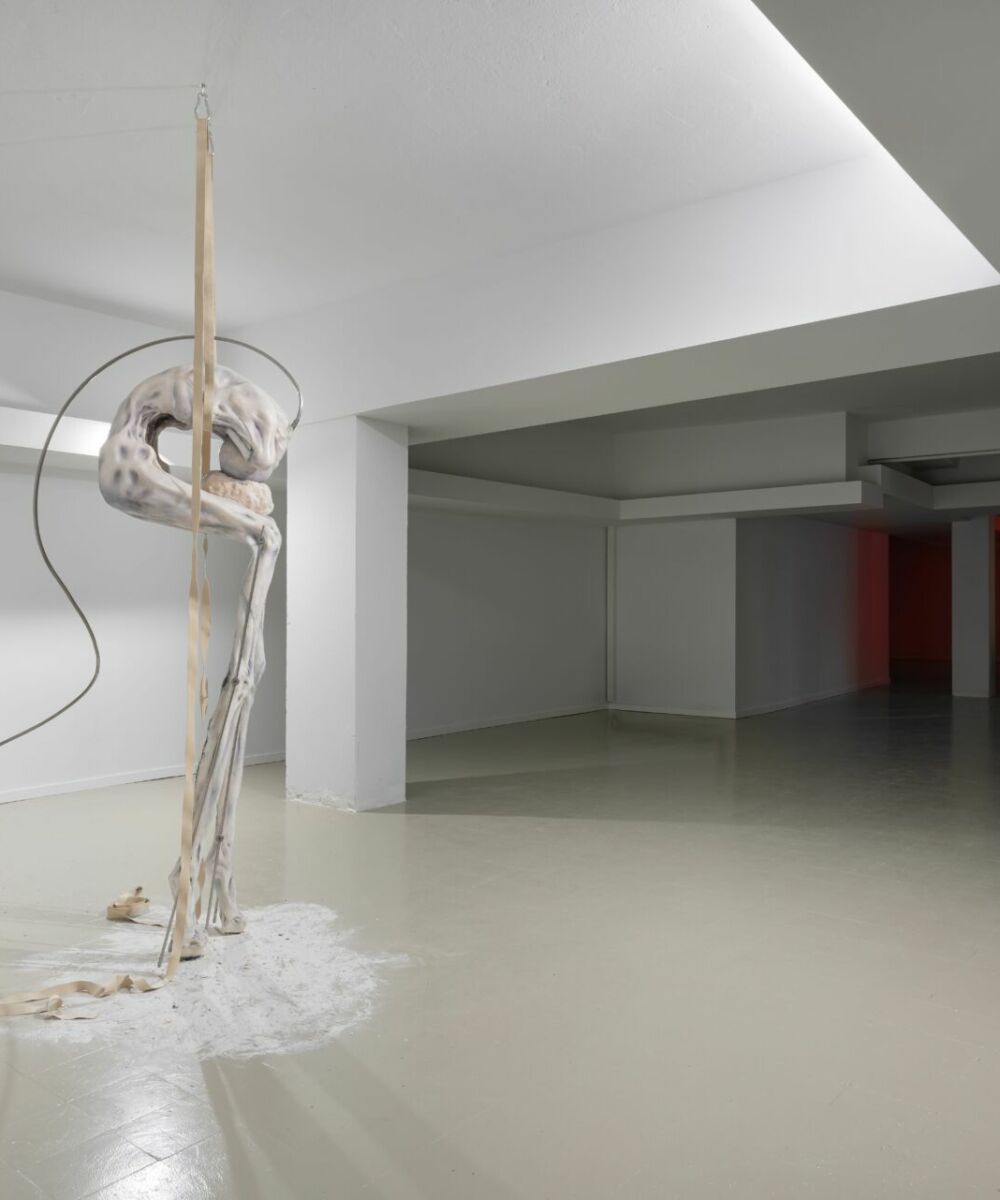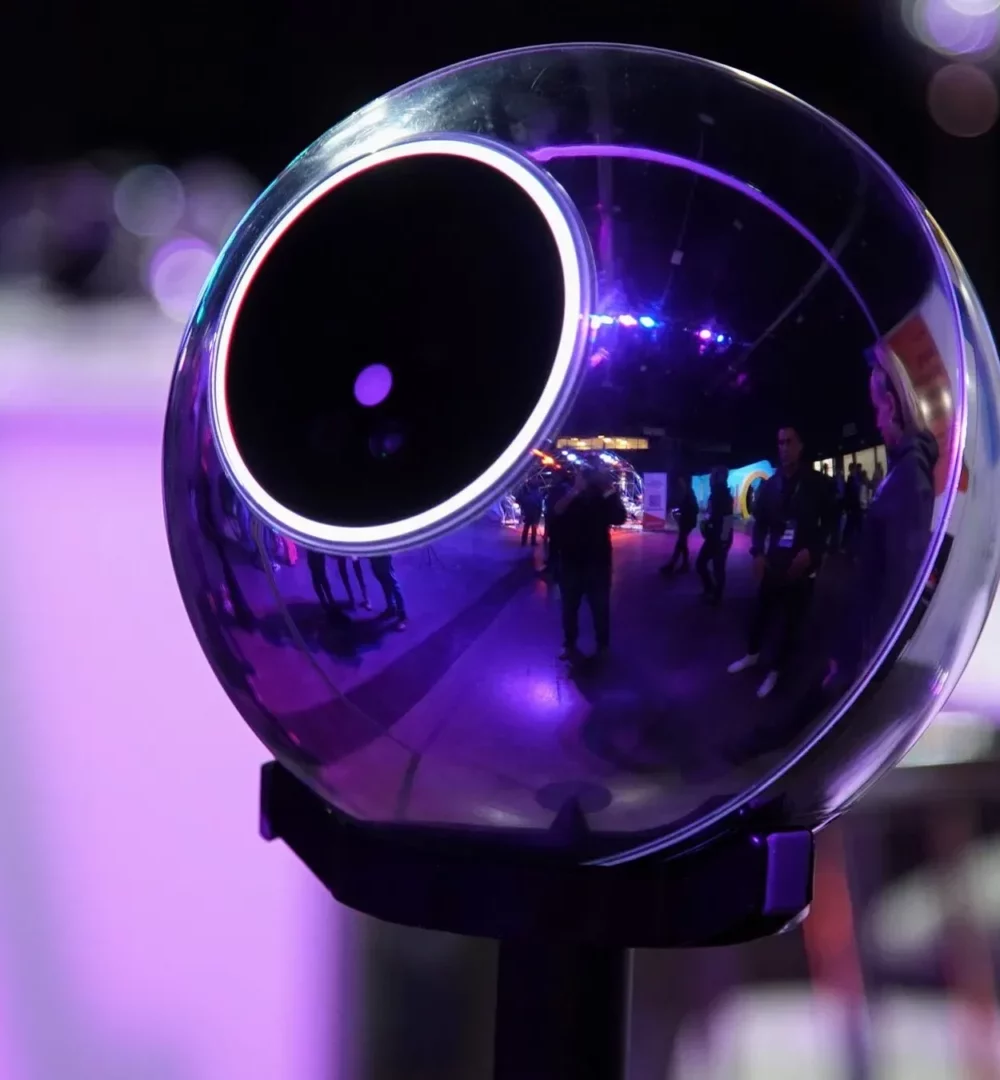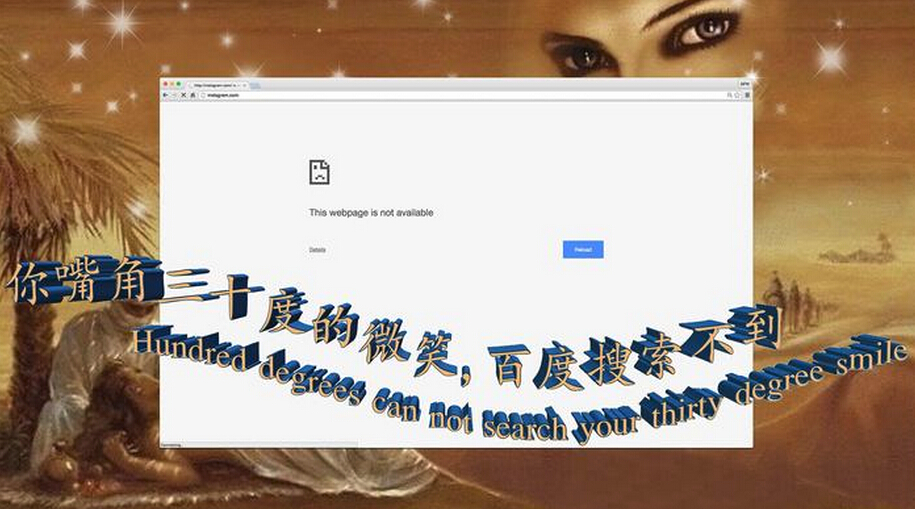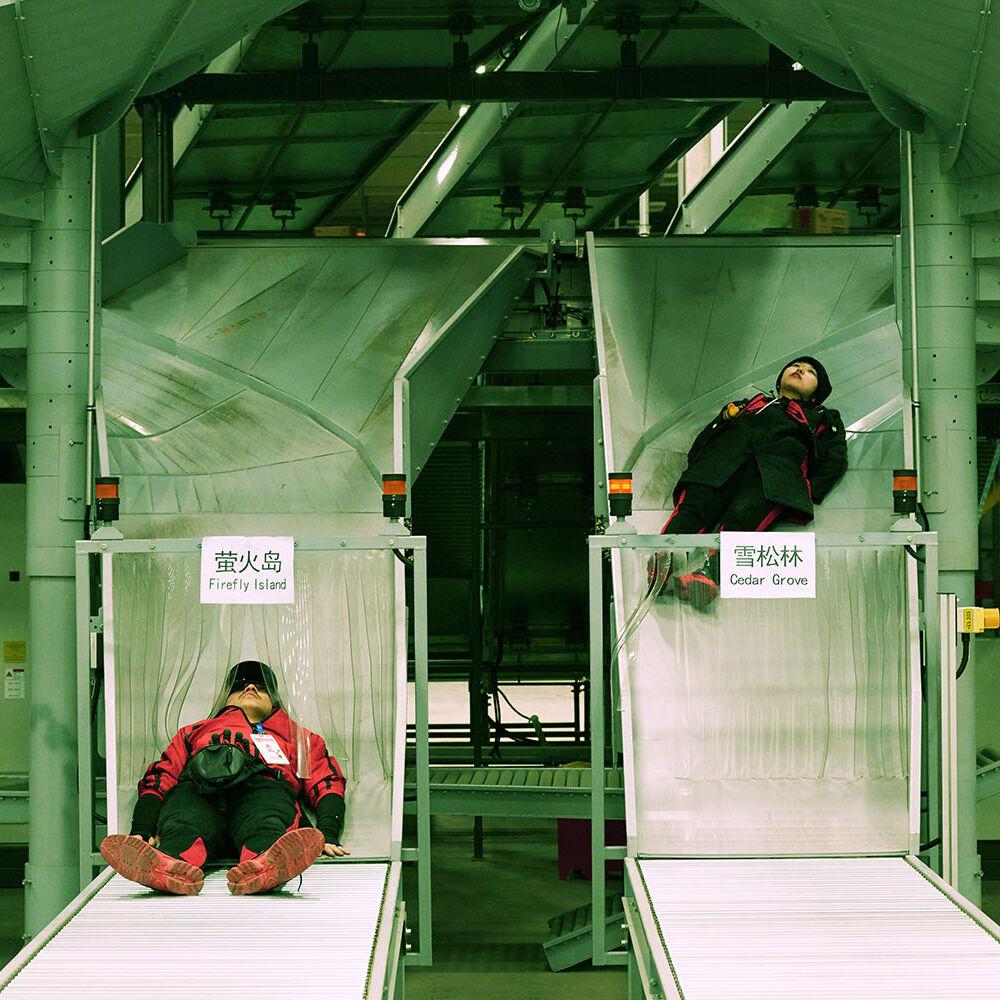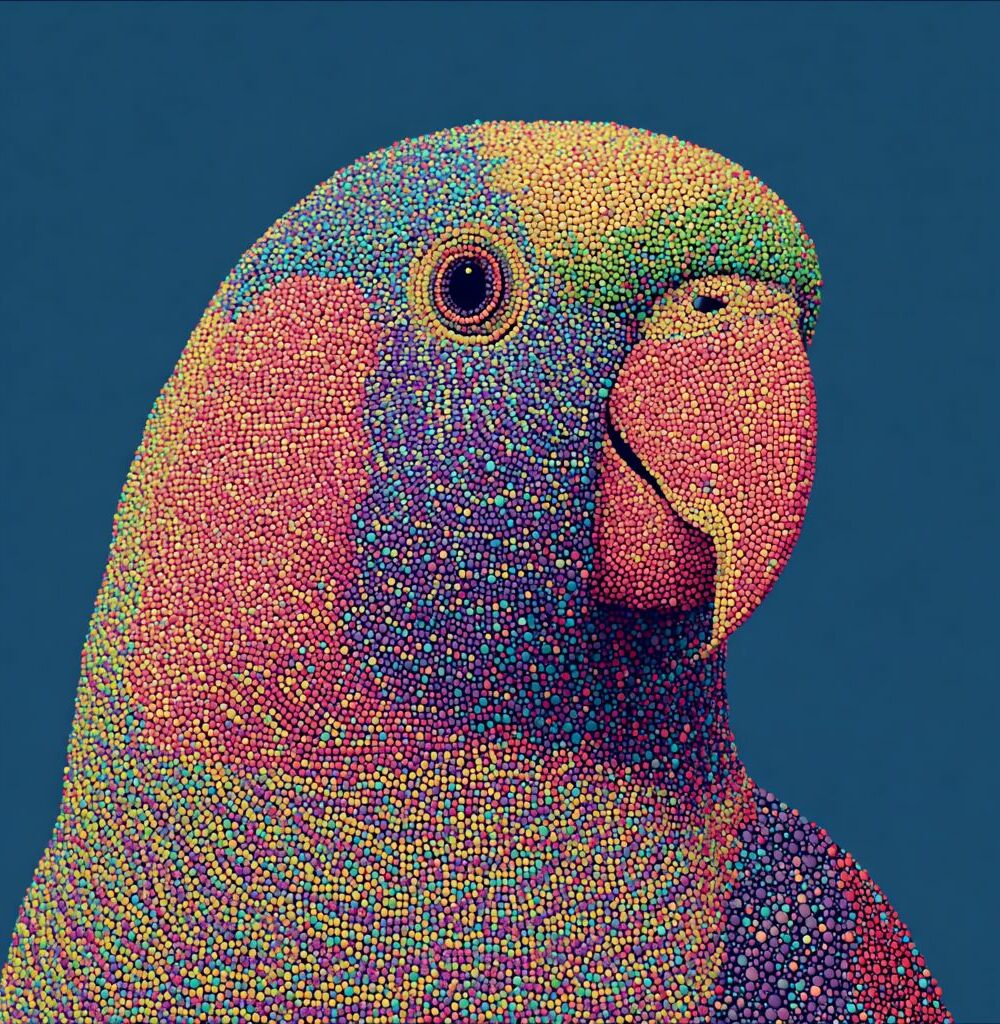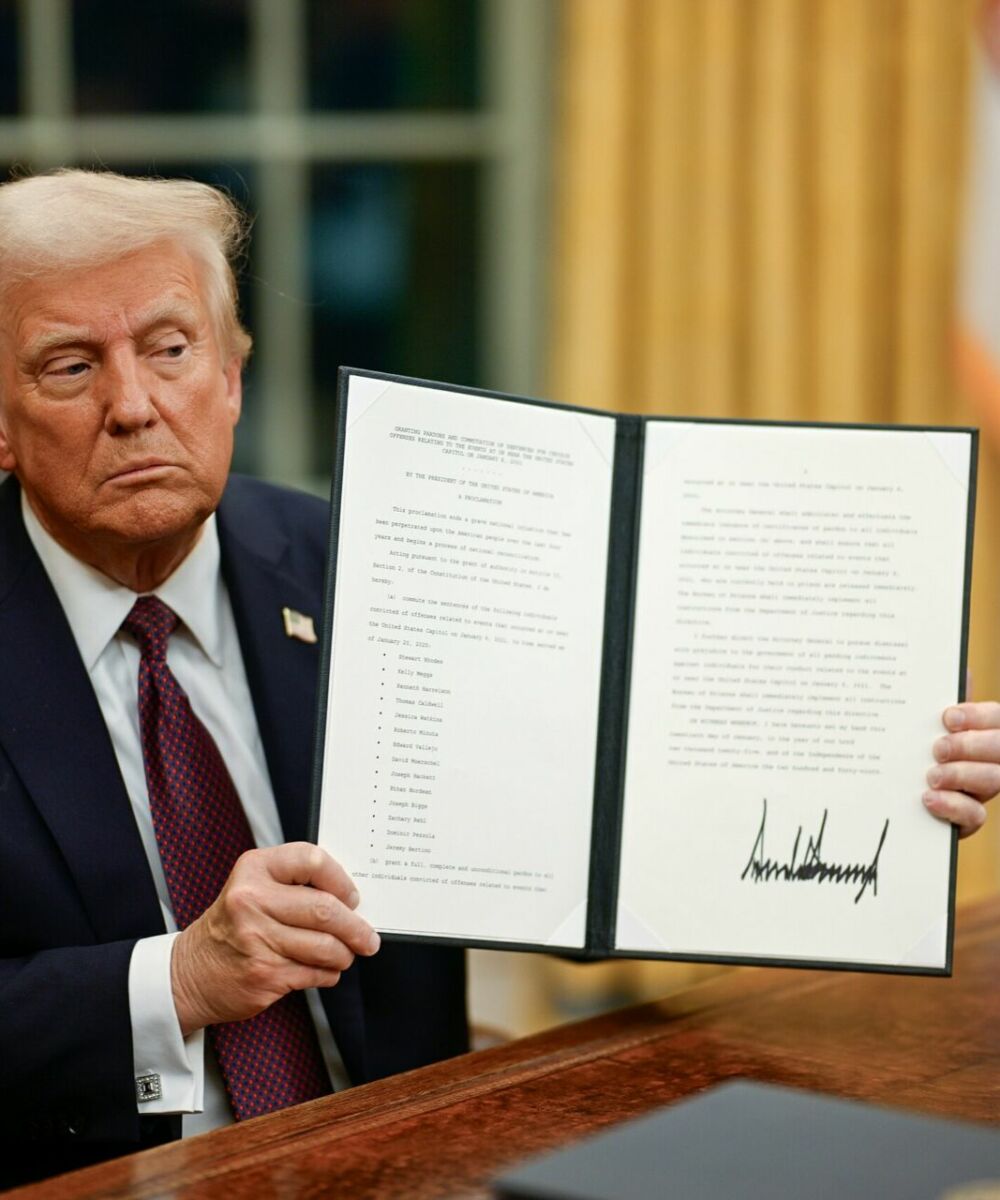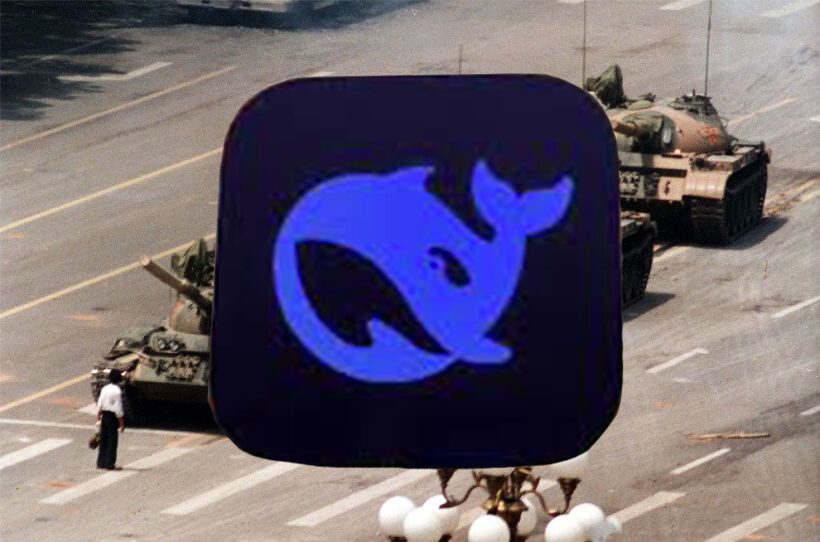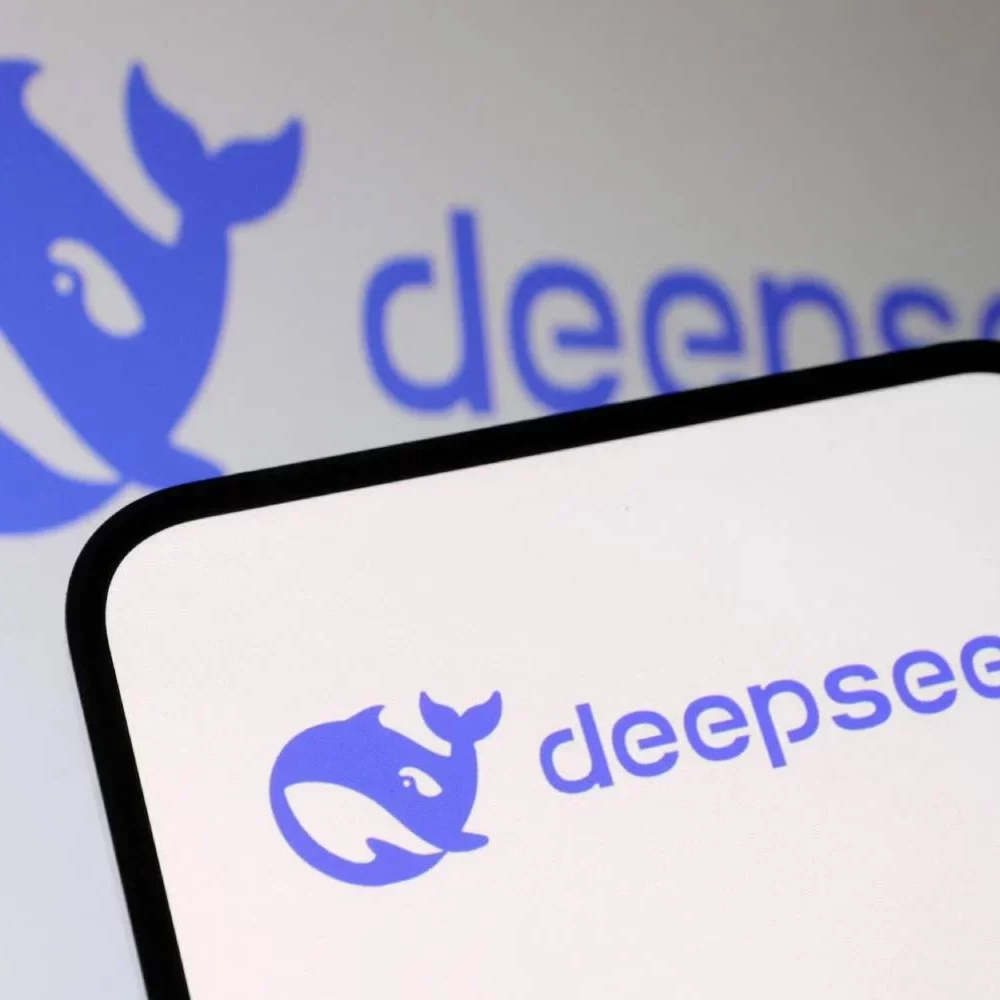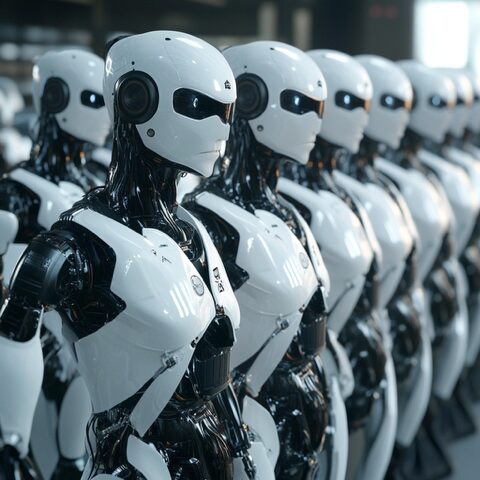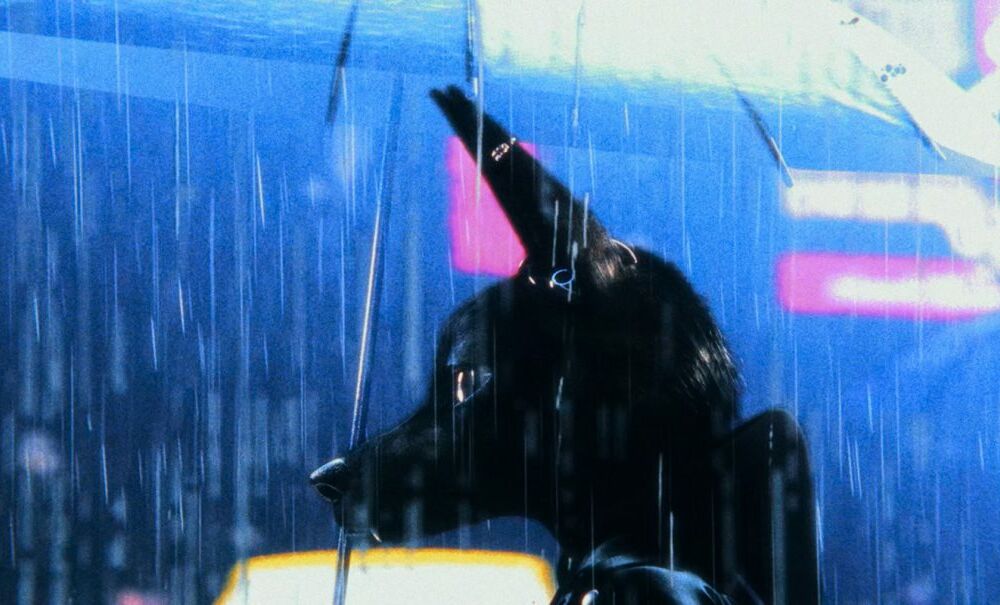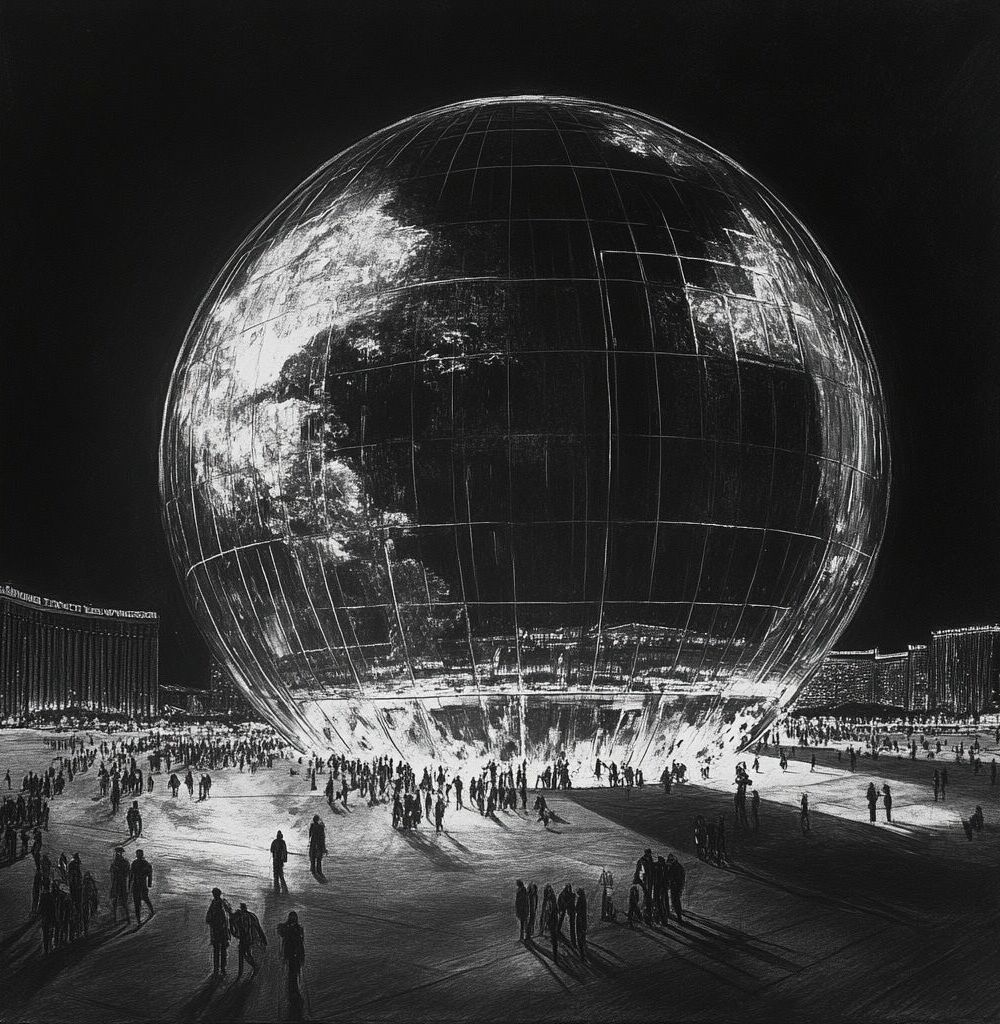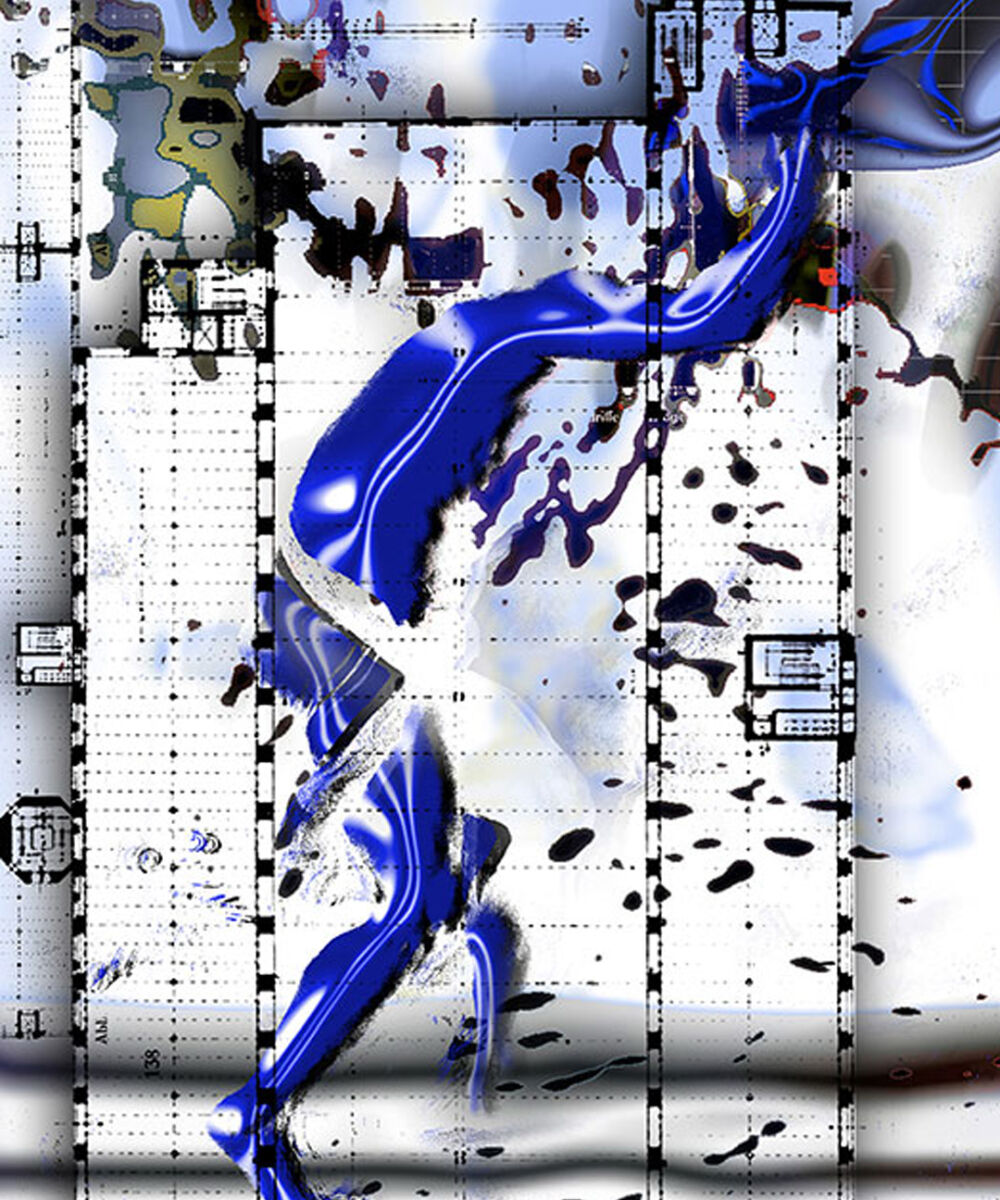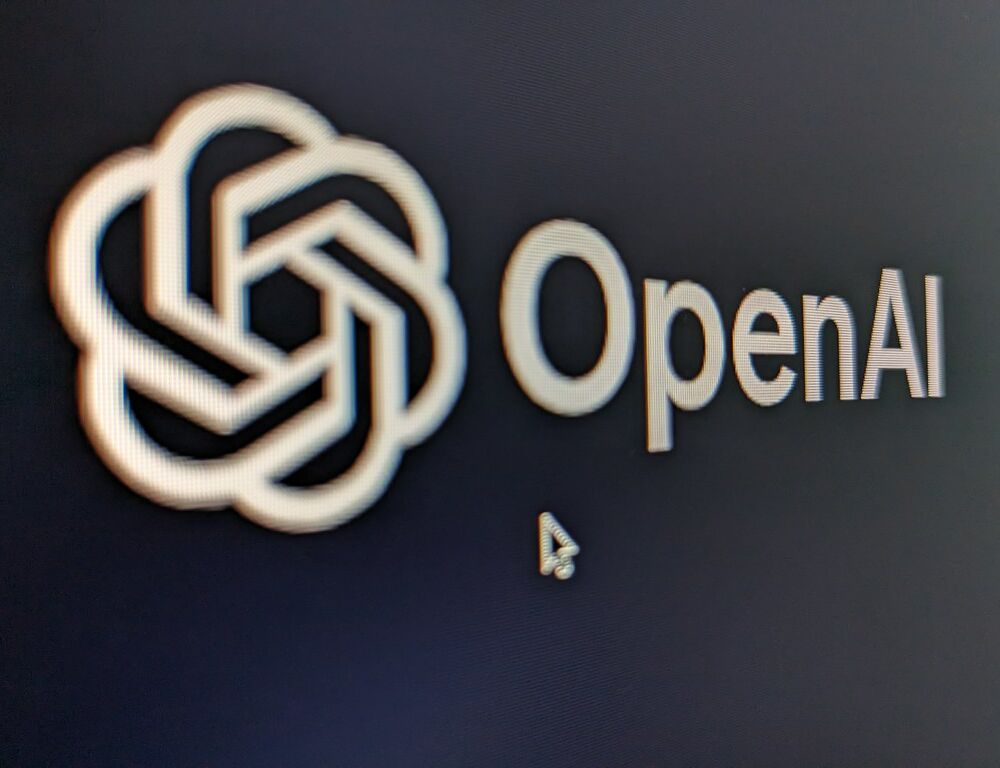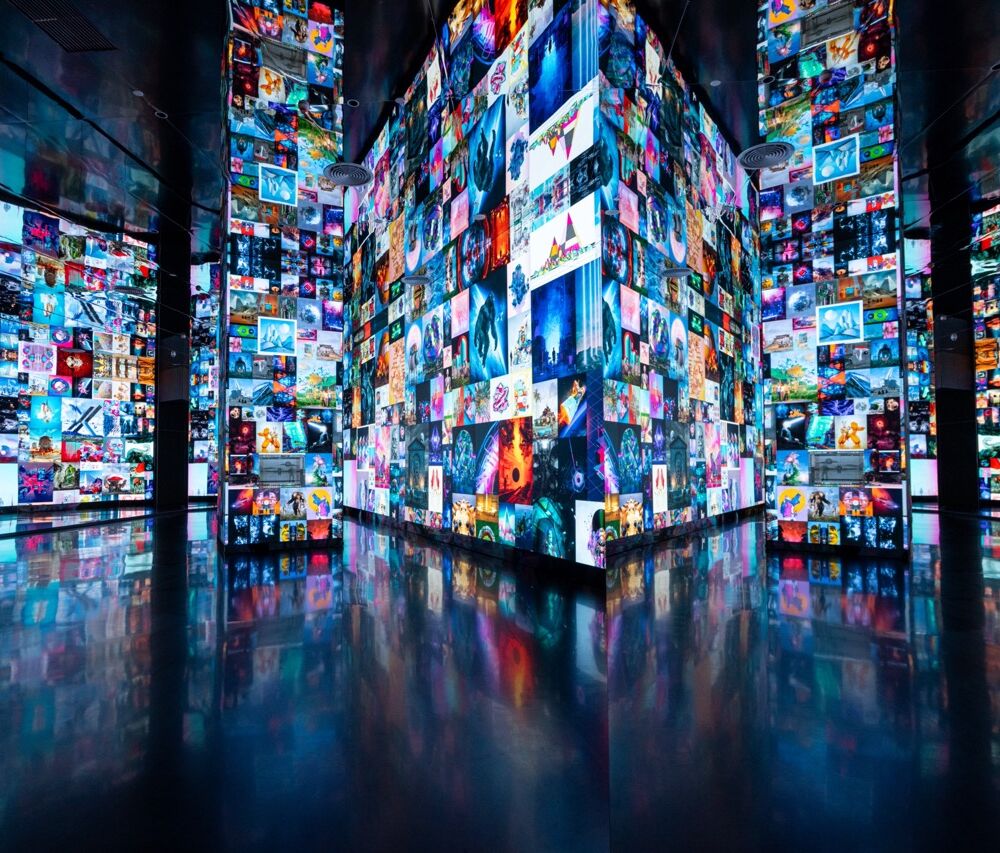With the stroke of a pen, Donald Trump has ushered in a new era for American artificial intelligence. Executive Order 14179, grandiosely titled “Removing Barriers to American Leadership in Artificial Intelligence,” wipes out the ethical and regulatory guidelines established by the Biden administration. In exchange? Aggressive deregulation, zero federal constraints, and a green light for the invisible hand of the market.
Trump frames AI as a matter of national security and entrepreneurial freedom. But behind the patriotic rhetoric lies a very clear plan: to hand the reins of innovation back to Big Tech. Google, Meta, OpenAI are celebrating—no more “red tape” around algorithmic transparency, risk governance, or data protection. According to the tycoon, America must once again “lead the world,” unshackled by “bureaucrats and ethics committees.”
Coordinating the new strategy is David O. Sacks, an entrepreneur close to Elon Musk and now the true “czar” of techno-financial deregulation. His vision? An ecosystem where AI and cryptocurrencies can flourish undisturbed, free from state interference. A dream for Wall Street, a nightmare for those who fear dystopian outcomes.
But the price could be extremely high. Risks range from the opacity of automated decision-making to the manipulation of public opinion, all the way to potential systemic crises in financial markets. All in the name of a “progress” that deliberately ignores the social, democratic, and cultural implications of AI.
Across the Atlantic, Europe is moving in the opposite direction. With the AI Act, Brussels is raising a wall of rules: transparency requirements, bans on high-risk applications, safeguards for citizens and consumers. A diametrically opposed vision, with the protection of rights at its core.
Thus widens the geopolitical divide between Washington, determined to relaunch market sovereignty, and Brussels, intent on defending digital ethics. It’s not merely a technical dispute, but a clash between two competing visions of the future—where artificial intelligence plays a starring role. This may well be the battleground of the next Cold War. A war fought with data, algorithms, and power.
Alessandro Mancini
Is a graduate in Publishing and Writing from La Sapienza University in Rome, he is a freelance journalist, content creator and social media manager. Between 2018 and 2020, he was editorial director of the online magazine he founded in 2016, Artwave.it, specialising in contemporary art and culture. He writes and speaks mainly about contemporary art, labour, inequality and social rights.


